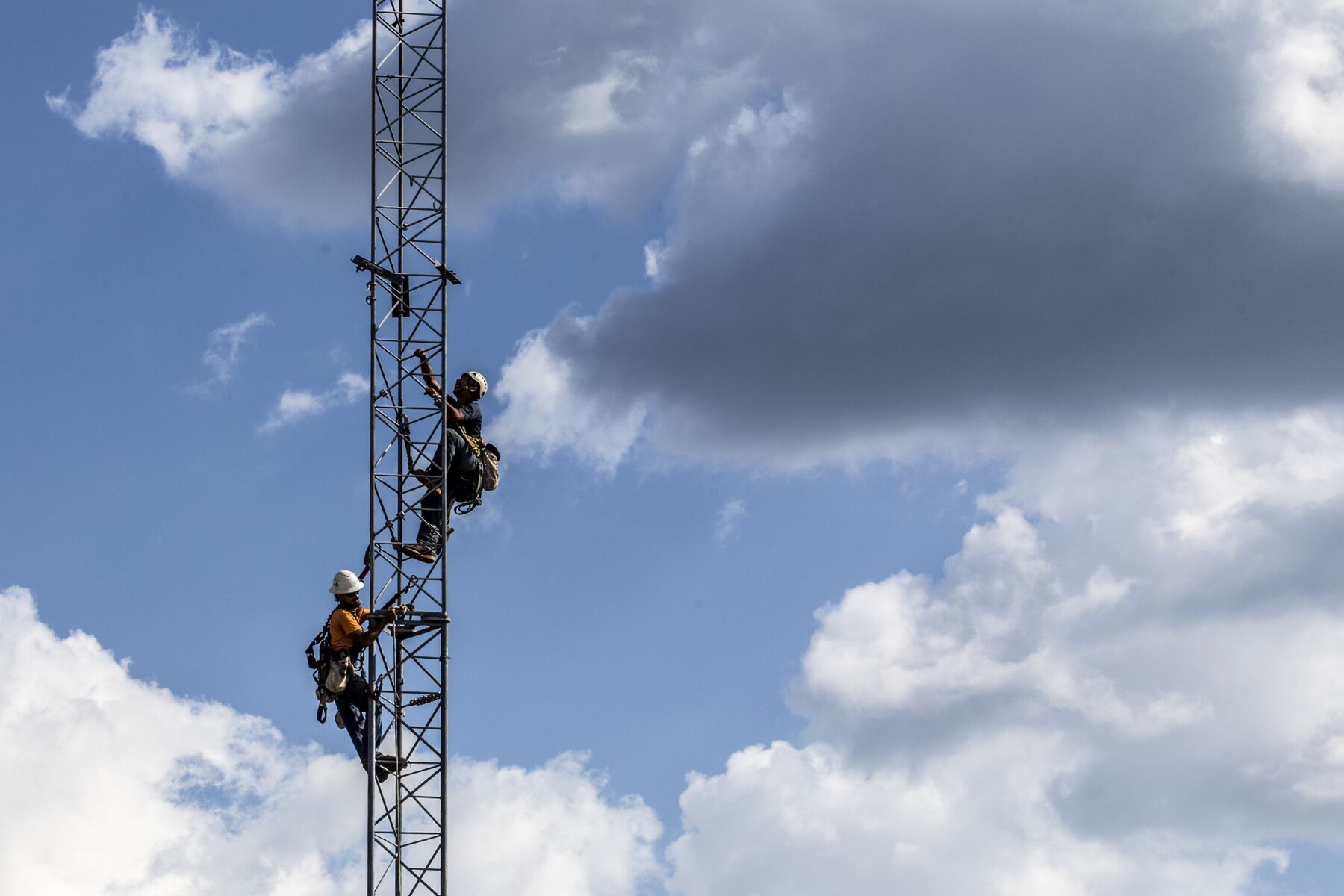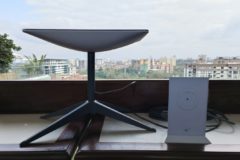The Nigerian telecoms industry should expect to see a new telecom operator sometime this year, the executive vice chairman of the Nigerian Communications Commission (NCC) said last week after Mafab Communications, a little-known telco company shared its launch plans with the commission.
In December 2021, Mafab was one of two companies to win a 5G licence at an auction with a bid of $273.6 million, beating out Airtel Nigeria, one of the country’s top telecom operators. The company has now confirmed it will build its infrastructure from scratch rather than acquire or lease from existing players. But first, it will need to sort out some regulatory issues.
“The Universal Access Sẹrvice License (UASL), which is the operational license for the 5G spectrum, and will need to pay a ₦374.6 million fee,” said Rotimi Akapa, Partner and Head of Telecommunications, Media, and Technology, Advocaat Law Practice.
“The UASL license will allow them to provide all telecommunications services such as 2G, 3G or any other technology,” added Akapa.
Introduced in 2005, UASL covers services such as fixed telephony, wired or wireless; digital mobile (GSM) services; international gateway services; national long-distance services; and regional long-distance services.
Mafab was granted a UASL licence in July 2022, according to one NCC source.
Beyond this licence, building out its infrastructure will cost billions of dollars. “I am not sure such funding is presently available locally even if the banks were to be interested,” said Mr. Akapa.
Mafab did not respond to TechCabal’s request for comments at the time of this report.
Mafab stumbles on road to market
Mafab has attempted to go to market a few times. In January 2023, it held a launch event in Abuja and Lagos and told those in attendance that it planned to deploy its service in “a few months.” There was no product demonstration at that event.
In December 2023, it began pushing out messages on its social media channels encouraging potential subscribers to buy its 5G routers at ₦50,000. On its website, the ‘Get Mcom 5G’ and ‘View Coverage Area’ pages open to a form where users are asked to fill in their recharge request.
Mafab’s entry into the market coincides with revenue pressures in the telecom industry caused by inflation and currency devaluation. Mafab’s entry would increase the number of players in the telecom market to five and those providing 5G services to three. The biggest winners will be consumers, who would have more network options to select from and possibly innovations from operators.
Additionally, it would need significant resources to procure experienced and skilled manpower. There is also the matter of ensuring a sustainable power generation capacity to run Mafab’s operations. Like every industry in the country, electricity makes up a sizable chunk of telcos’ costs. While it is expected that Mafab will outsource its tower needs to one of the operators, it will still shoulder a growing expense driven mainly by energy costs.
“The good thing is that there are several options open to them: they can opt to pay for the equipment and software required, enter into build operate and transfer arrangements, Turnkey arrangements or even revenue share arrangements,” Akapa said.
Gbenga Adebayo, President of the Association of Licenced Telecommunication Organisation of Nigeria (ALTON), however, said the market is eagerly waiting for the launch of Mafab as more competition is needed to improve the quality of service, which will benefit the consumers.
Two people who know say, Mafab is backed by wealthy local investors with deep political roots in the country.
Editor’s note: this article has been updated to show that Mafab was granted a UASL licence in 2022.



















